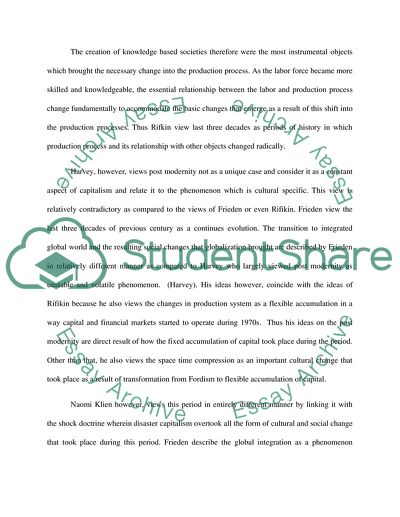Cite this document
(Political Economy As Viewed Through Theories of Late Capitalism Essay, n.d.)
Political Economy As Viewed Through Theories of Late Capitalism Essay. https://studentshare.org/macro-microeconomics/1564787-political-economy-theories-of-late-capitalism
Political Economy As Viewed Through Theories of Late Capitalism Essay. https://studentshare.org/macro-microeconomics/1564787-political-economy-theories-of-late-capitalism
(Political Economy As Viewed Through Theories of Late Capitalism Essay)
Political Economy As Viewed Through Theories of Late Capitalism Essay. https://studentshare.org/macro-microeconomics/1564787-political-economy-theories-of-late-capitalism.
Political Economy As Viewed Through Theories of Late Capitalism Essay. https://studentshare.org/macro-microeconomics/1564787-political-economy-theories-of-late-capitalism.
“Political Economy As Viewed Through Theories of Late Capitalism Essay”. https://studentshare.org/macro-microeconomics/1564787-political-economy-theories-of-late-capitalism.


